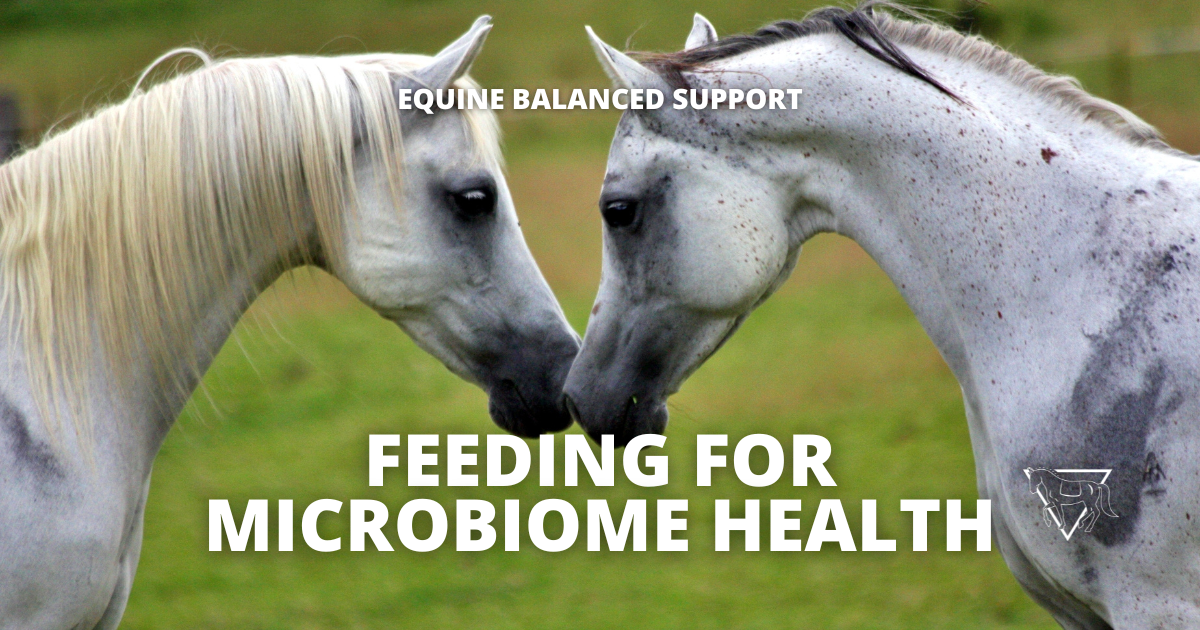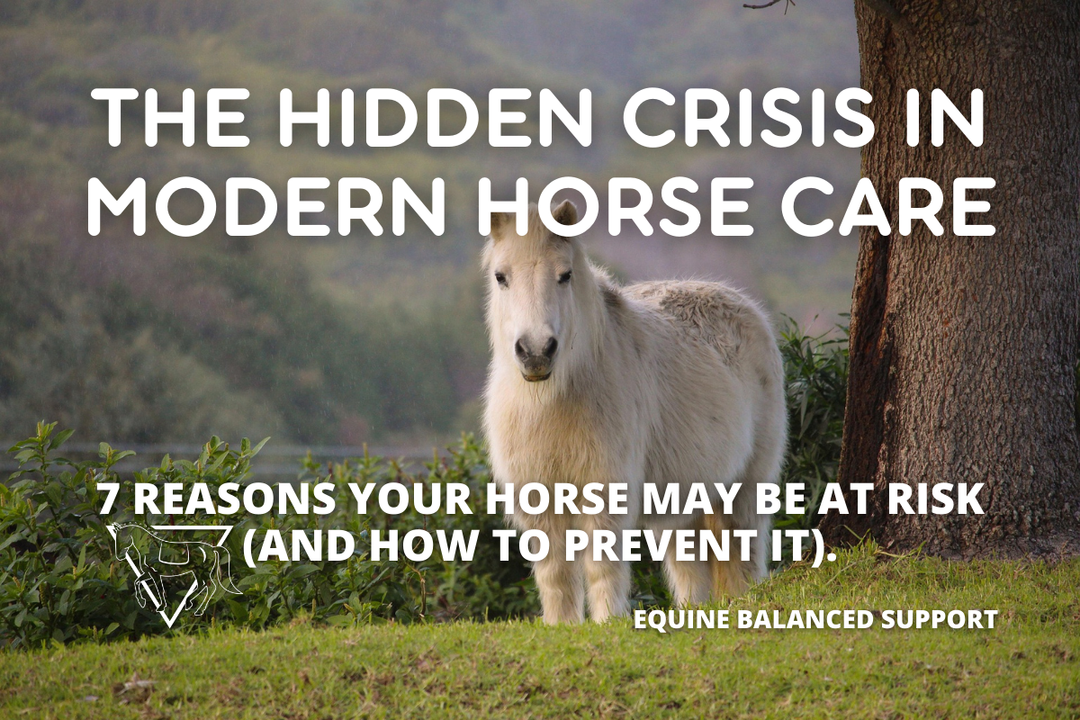How to Support Your Horse's Gut Microbiome for Better Digestive Health

Guide to Supporting Your Horse's Gut Microbiome
A horse's digestive health relies heavily on the careful design of its feeding program, which directly influences the balance and diversity of its gut microbiome. This community of beneficial bacteria, fungi, and other microorganisms plays an essential role in digestion, nutrient absorption, immunity, and overall vitality. Feeding practices prioritizing natural forage, minimizing high-starch concentrates, and providing steady access to hydration and salt are key to maintaining this delicate microbial ecosystem. By understanding how each feeding component—from forage ratios to feeding schedules—impacts gut health, horse owners can help their horses thrive from the inside out.
Forage-Based Diet (High in Fiber)
- Promotes microbial diversity: A steady intake of fibrous forage supports a balanced microbial population, particularly fiber-digesting bacteria like Fibrobacter and Ruminococcus.
- Maintains pH balance: A diet high in fiber produces fermentation byproducts that keep the gut environment slightly acidic (around pH 6-7), which is optimal for beneficial microbes.
Concentrate-Based Diet (Grains or High-Starch Feeds)
- Altered microbial population: Excess starch fermentation can cause a shift in the microbiome, favoring starch-digesting bacteria at the expense of fiber-digesting microbes.
- Risk of acidosis: Rapid starch fermentation produces lactic acid, which lowers the pH in the hindgut (acidosis). This acidic environment can kill off fiber-digesting bacteria and encourage the growth of pathogenic microbes.
Sudden Dietary Changes
Horses have sensitive digestive systems, and abrupt changes in their diet (e.g., switching hay types or increasing grain) can cause microbial imbalances or dysbiosis.
- Disruption of microbial balance: The gut microbiome needs time to adjust to new feed components. Sudden changes can lead to a die-off of some beneficial microbes and overgrowth of harmful ones, potentially causing digestive upset (diarrhea, colic).
- Increased risk of disease: Dysbiosis can impair the horse's immune function, making them more susceptible to infections and metabolic disorders.
Forage-to-Concentrate Ratio
A high forage-to-concentrate ratio supports the natural microbial community better than a high-concentrate diet. Ideally, horses should consume forage at least 1.5% to 2% of their body weight daily to keep the hindgut healthy.
Supplementation and Additives
- Prebiotics: Non-digestible food ingredients that stimulate the growth and activity of beneficial gut bacteria.
- Probiotics: Live beneficial bacteria that support gut health, particularly during stress or after antibiotic use.
- Digestive enzymes: Improve feed digestibility and indirectly support microbial health.
Hydration
Adequate water intake is vital for maintaining proper gut motility and microbial balance. Dehydration can slow gut transit, leading to microbial imbalances, impaction, and colic.
Providing Access to Plain White Salt Blocks
- Encourages hydration: Salt is vital for stimulating thirst, which promotes regular water intake.
- Maintains electrolyte balance: Sodium plays a crucial role in muscle and nerve function, indirectly supporting gut health.
Pasture Access and Grazing Behavior
Access to pasture exposes horses to a more diverse and natural diet, promoting a healthier microbiome compared to those on pure hay and concentrate-based diets.
Stress and Feeding Practices
Stress from environmental factors, such as irregular feeding schedules or changes in housing, can also impact gut health. Splitting feed into smaller, more frequent meals minimizes digestive disturbances and promotes microbial balance.





Leave a comment